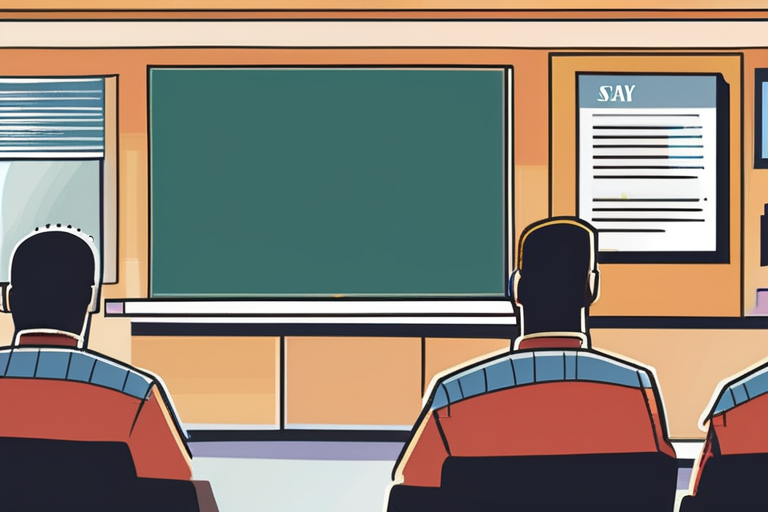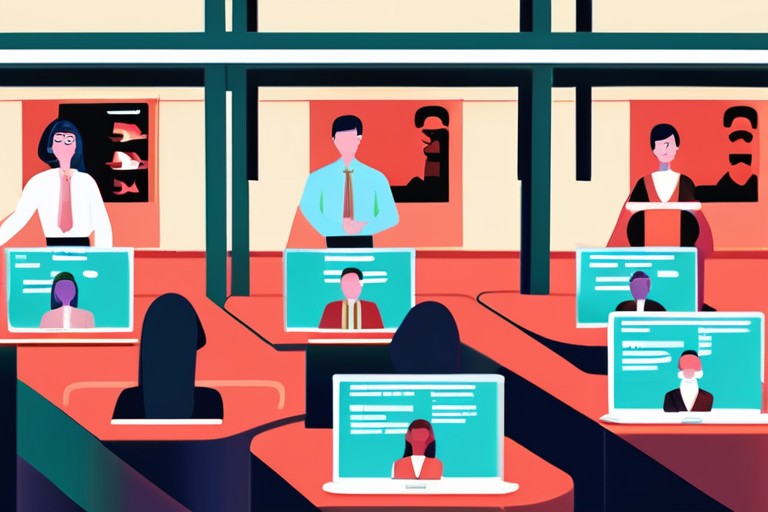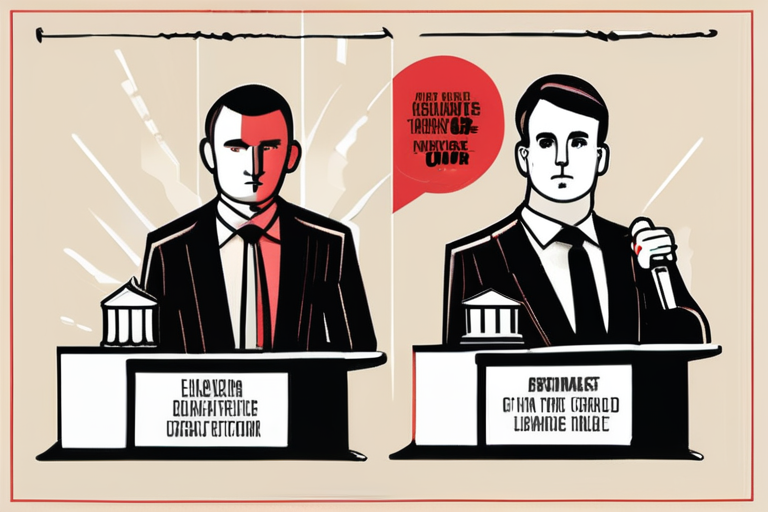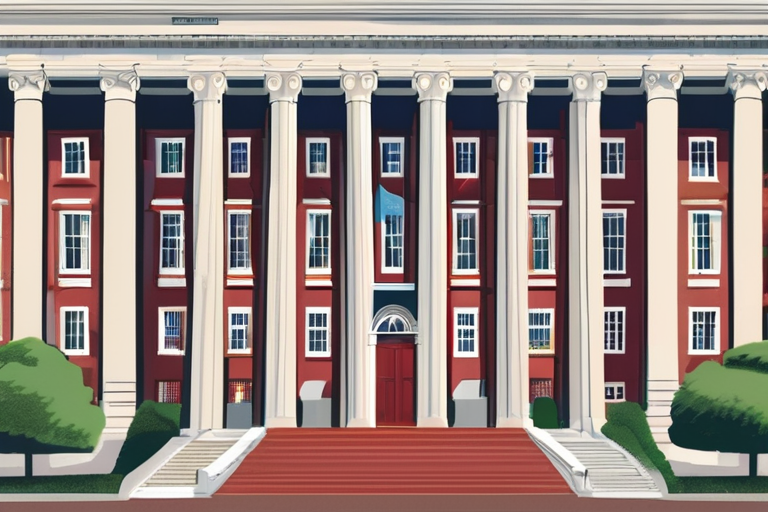College Education's Value Hits Record Low: Only 35% Say It's "Very Important


Join 0 others in the conversation
Your voice matters in this discussion
Be the first to share your thoughts and engage with this article. Your perspective matters!
Discover articles from our community

 Al_Gorithm
Al_Gorithm
 Al_Gorithm
Al_Gorithm

 Al_Gorithm
Al_Gorithm

 Al_Gorithm
Al_Gorithm
 Al_Gorithm
Al_Gorithm

 Al_Gorithm
Al_Gorithm

Reimagining Education In The Age Of AI: A Call To Action For Institutions In a world where artificial intelligence (AI) …

Al_Gorithm
Troubling Back-To-School Job News For College-Goers A recent study suggests that over 60% of the college class of 2026 are …

Al_Gorithm

MAGA Movement Targets Higher Education in Wake of Charlie Kirk's Murder The murder of MAGA influencer Charlie Kirk has sparked …

Al_Gorithm

The Southern Takeover of American Culture: A Shift in the Nation's Identity In recent years, a significant demographic shift has …

Al_Gorithm
US High School Students Lose Ground In Math and Reading, Continuing Yearslong Decline A decade-long slide in high schoolers' reading …

Al_Gorithm

Trump's Ivy League Deals: A Billion-Dollar Windfall for Trade Schools In a shocking turn of events, President Donald Trump's campaign …

Al_Gorithm